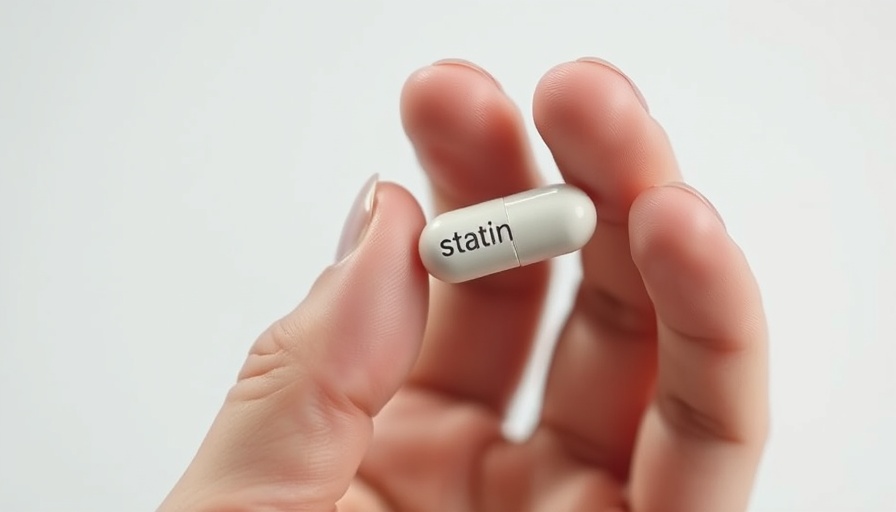
Understanding the muscle pain dilemma with statins
Statins are touted as miracle drugs for reducing bad cholesterol (LDL-C) and combatting cardiovascular disease—the world’s leading killer. You’d expect these drugs to be a staple in every medicine cabinet. Instead, many patients balk at their use, citing a major complaint: muscle pain.
Why do the numbers differ?
When looking at clinical trials, side effects from statins seem minimal. Yet in the real world, the picture changes dramatically. Reports indicate up to 80% of people fail to comply with statin therapy, often dropping out due to muscle pain. The question arises: how can clinical trials report low incidence rates while everyday users feel overwhelmed by side effects?
The role of statin-associated muscle symptoms
Statin-associated muscle symptoms (SAMSs) are not just a minor inconvenience; they are the primary reason for discontinuation. Studies suggest that as much as 72% of adverse effects reported by users are muscle-related. Muscle pain is debilitating, so it’s no wonder patients prioritize relief over prevention.
The psychology behind statin intolerance
Here’s where it gets complicated: emerging research shows that the intolerance tied to statins may be less about the drug itself and more about psychological factors. Some scientists argue that the majority of muscle pain linked with statins might be psychological—a nocebo effect, where consumers attribute unrelated pains to the medication they are taking.
Can we trust our perceptions?
A randomized study with 10,000 participants found that reports of significant muscle pain spiked when participants knew they were taking statins. Conversely, when they didn’t know if they were on the actual drug or a placebo, these reports were significantly reduced. This suggests that knowledge can influence pain perception dramatically.
Combating the misinformation
Statin resistance has grown, largely fueled by misinformation online. It’s rampant. A plethora of unscientific critiques of statins proliferate across the internet, which skew public perception and promotes distrust. When did we start believing the internet over scientific data? Unfortunately, many people use their online searches as a litmus test for medical treatment without critically evaluating the information they come across.
Addressing patient concerns
Doctors need to understand the burdensome weight of being bombarded with fears regarding ‘real’ side effects. Educating patients on the actual nature of statin-associated symptoms and fostering communication may reduce unnecessary halts in therapy. When clinicians place an emphasis on reassurance and provide a safe space for patients to relay their fears, outcomes improve.
What remains clear
While the debate rages on regarding statins and their side effects, one thing is certain: successful long-term treatment hinges on patient belief and trust in medication. If muscular side effects are largely a psychological construct, it underscores the need for open dialogue between patients and healthcare providers to foster a more trustworthy medical experience.
Taking action against untruths
The continued discourse around statins points to a more significant issue at hand: how we consume medical information. It's vital to sift through the noise and critically evaluate the data to separate genuine concerns from fabricated fears. As patients, understanding the science behind statins will empower you to make informed decisions about your health.
 Add Row
Add Row  Add
Add 




Write A Comment